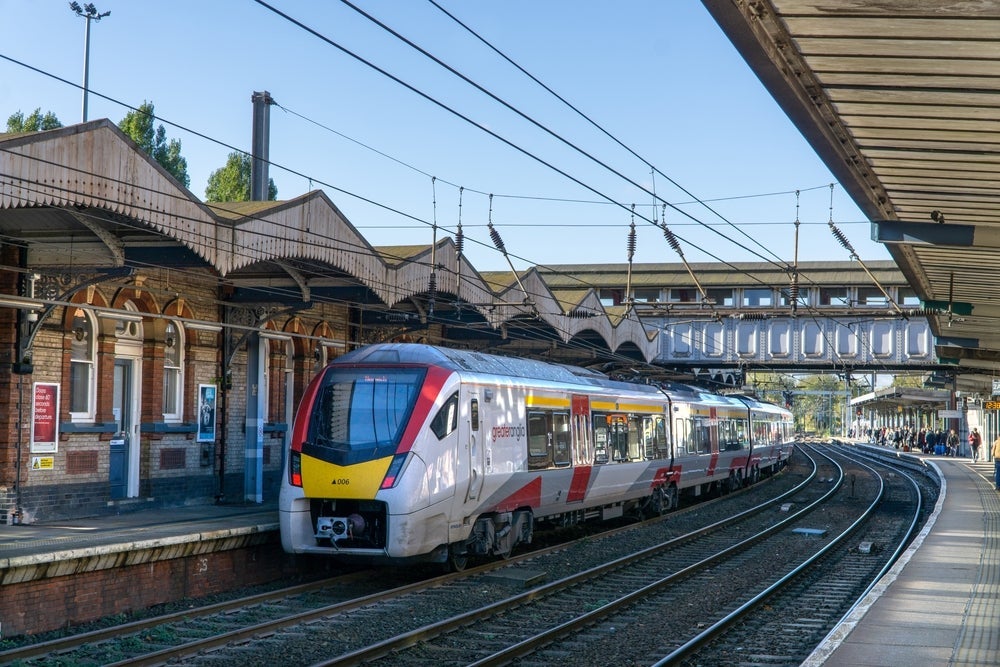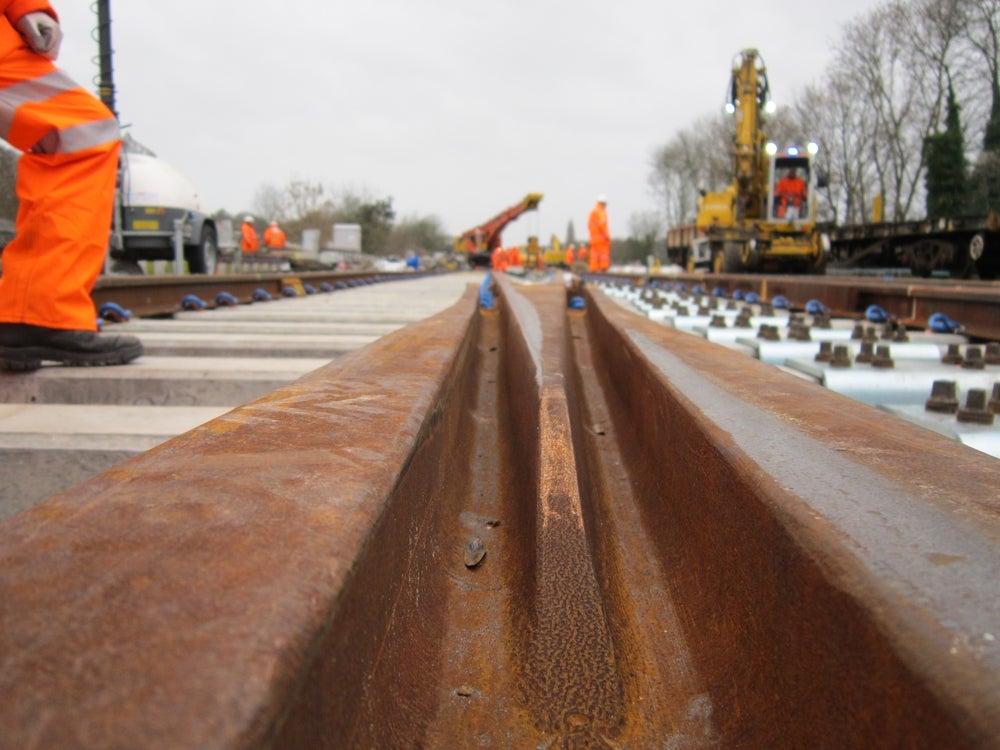
London Underground (LU) in the UK has carried out a five-week trial of a new inverter technology, which recycles unused energy from the brakes on trains.
The trial conducted at Cloudesley Road substation on the Victoria Line showed that it could save London enough electricity to reduce the Tube’s energy bill by 5%.
LU noted that in the first week of operation, the new technology recovered enough electricity to power a large underground station such as Holborn for more than two days a week.
The initial results indicate that up to 1MWh can be recaptured every day for reuse elsewhere.
London deputy mayor for environment and energy Matthew Pencharz said: "The trial puts London at the cutting edge of this kind of technology and clearly demonstrates how energy from trains can be recovered to power Tube stations, making the network more environmentally friendly and cost-effective.
"This complements our wider work to make other forms of public transport cleaner and greener, including our buses, where we have introduced hybrid and zero-emission technology."
How well do you really know your competitors?
Access the most comprehensive Company Profiles on the market, powered by GlobalData. Save hours of research. Gain competitive edge.

Thank you!
Your download email will arrive shortly
Not ready to buy yet? Download a free sample
We are confident about the unique quality of our Company Profiles. However, we want you to make the most beneficial decision for your business, so we offer a free sample that you can download by submitting the below form
By GlobalDataWith the new green technology, LU expects to reduce its carbon footprint by tapping into a previously inaccessible resource. It estimates to save around £6m annually.
The system reduces the amount of heat generated by braking in tunnels, which in turn reduces the energy requirement for tunnel cooling systems.
LU power and cooling head Chris Tong said: "This state-of-the-art regenerative braking system has the potential to transform how we power stations across the TfL network, unlocking massive power savings and significantly reducing our energy bills.
"We are committed to doing more to reduce our energy use, and this technology – a world first for metro railways – is one of a number of innovations we’re embracing to lower our environmental impact."
The trial complements the other measures being undertaken by the Transport for London (TfL) to make the Tube system greener.
The DfT is revamping the Greenwich Power Station to convert it into a low-carbon power generator for the Tube network.
The boilers in the power station will be replaced by six new gas engines, with waste heat channelled into a new local heat network.
Image: 1992 stock Tube train at Lancaster Gate station, London, UK. Photo: courtesy of tompagenet via Wikipedia.






